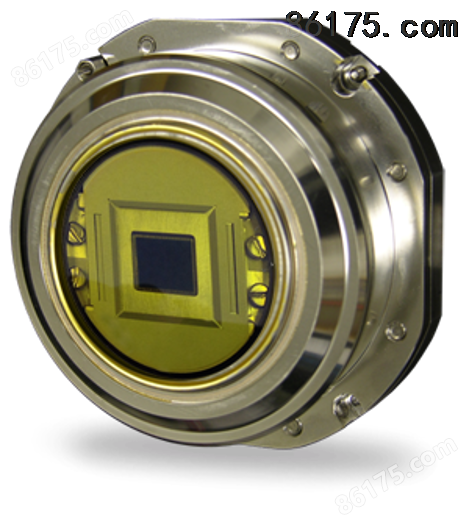短波近红外InGaAs相机
产品简介
详细信息
近红外/短波红外相机,为科学家量身打造!
NIRvana家族采用焦平面阵列(FPA)的感光元件,包含NIRvana,NIRvana ST 和 NIRvana LN,是市场上一款科研级InGaAs相机,专为近红外和短波红外的定量化测试而设计。
普林斯顿仪器几十年来专注与超低噪声的科研型相机的设计,NIRvana集成了以下水平的设计:
InGaAs 640 X 512 FPA 芯片,20 μm 像素
谱宽响应 0.9μm 至 1.7 μm
结合普林斯顿仪器*的真空技术,热电制冷系列可以将温度降低至 -85oC,液氮制冷系列可以进一步减少暗电流噪声
高速成像可达110 fps
高速GigE数据接口
多种成像和光谱接口
强大的 LightField 64位操作平台
综述
每一天,普林斯顿仪器的产品都在帮助*各地的实验室完成各种意义深远的科研工作。我们的产品具备了所有的必要因素来解决那些极富挑战性的实验,例如低光条件下的NIR/SWIR 成像级光谱应用。
作为一款全面的相机,高性能的NIRvana被设计用于许多近红外天文观察,纳米管,量子点荧光实验等等。NIRvana广受使用者的赞誉:
The newInGaAs focal plane array detector has allowed our research group to easilyextend our imaging spectroscopy techniques into the near-infrared regime.Combining a NIRvana with an eXcelon ProEM camera has enabled us to rapidlyacquire 2D images from 400nm-1700nm on the same SP2300i spectrograph. Unlikeother InGaAs 2D detectors we tested, the TE cooling and background subtractionfeatures have allowed us to easily acquire long exposures to resolvephotoluminescence from very dilute emitter samples."
–Rashid Zia, Manning Assistant Professor,
School of Engineering, Brown University
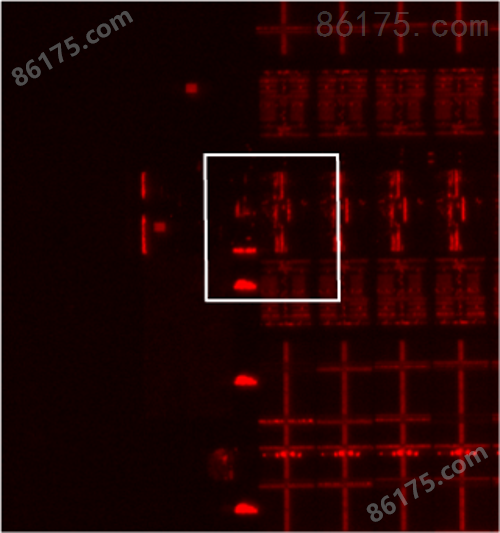
5x emission image of a 22 nm technologySRAM array and control circuit
NIRvana InGaAs相机已经成为许多应用领域的,包含:
半导体失效分析
小动物成像
单层纳米管荧光
光致发光,太阳观测
单氧分子成像/光谱
天文应用
产品特点
InGaAs640 X 512 FPA 芯片,20μm 像素点提供以下优点:
大面阵成像
高动态范围
液氮制冷,增强灵敏度
热点制冷,高帧数与高灵活性
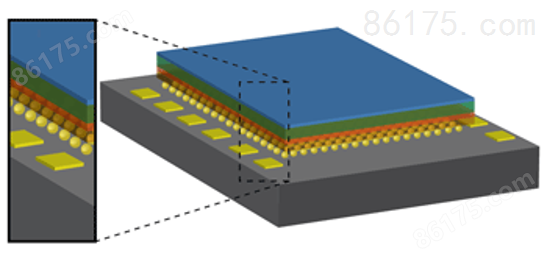
谱宽响应 0.9μm 至 1.7 μm:
可应用于各类实验
0.95μm至 1.5 μm拥有高于 85%的量子效率
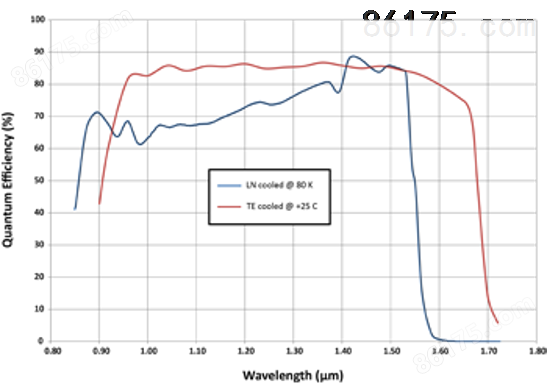
结合普林斯顿仪器*的真空技术,热电制冷系列可以将温度降低至-85oC:
风冷可稳定至<-85°C
同类相机中拥有低的暗电流噪声
积分时间可达数分钟
内置的制冷罩可以有效减弱环境的热辐射
无需维护
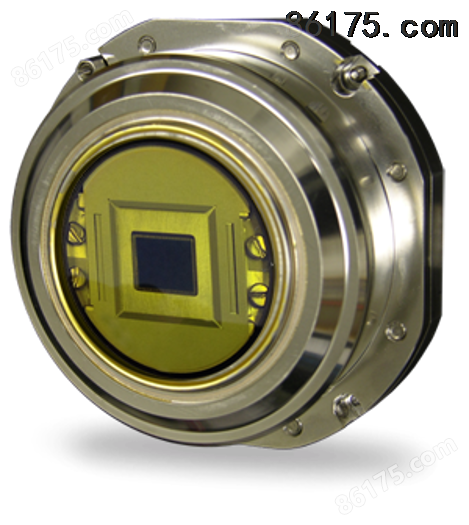
高速GigE数据接口:
任何电脑课直接连接,无需额外硬件
即插即用
真正的16位数据传输能力,有效结合2MHz,5MHz,10MHz的高速读出模式

LightField的64-位操作平台:
直观易上手的用户界面设计
内置数学引擎,实时获得图像与光谱的数据分析.
PICAM(64)位通用程序语言,方便的程序修改与编译.
与LabVIEW,MATLAB,EPICS等第三方软件无缝对接.

应用
SmallAnimal Imaging
For small-animal imaging in the NIR II / SWIR range, Princeton Instrumentsrecommends the NIRvana:640 camera. We designed this 16-bit camera specificallyfor scientific research applications that require superb linearity andexcellent near-infrared sensitivity
Astronomical Imaging
Astronomical imaging can be broadly divided into two categories: (1)steady-state imaging, in which long exposures are required to captureultra-low-light-level objects, and (2) time-resolved photometry, in whichintegration times range from milliseconds to a few seconds.
SingletOxygen Imaging
Singlet oxygen, the first excited state of molecular oxygen, is a highlyreactive species that plays an important role in a wide range of biologicalprocesses, including cell signaling, immune response, macromoleculedegradation, and elimination of neoplastic tissue during photodynamic therapy.
Nanotechnology
Nanotechnology helps scientists and engineers create faster electronics as wellas ultrastrong and extremely light structural materials.

